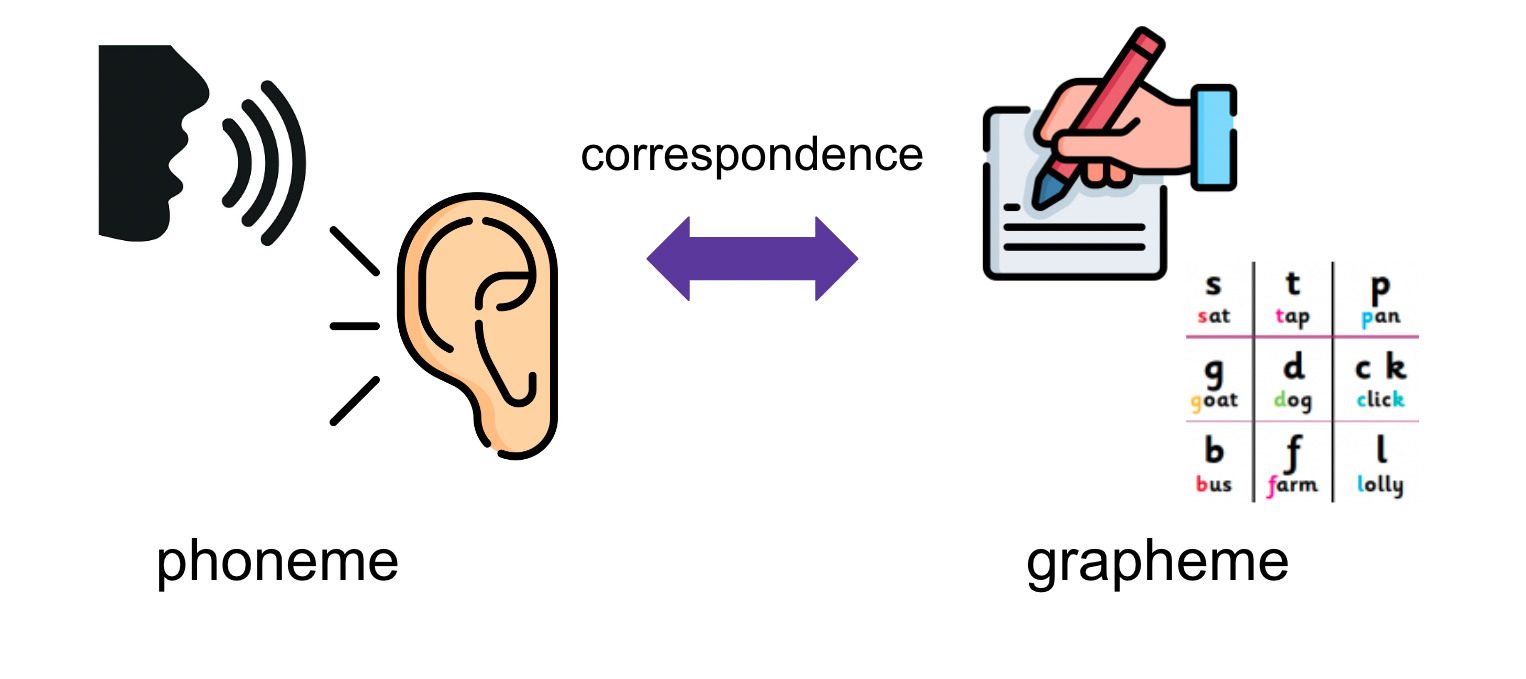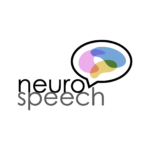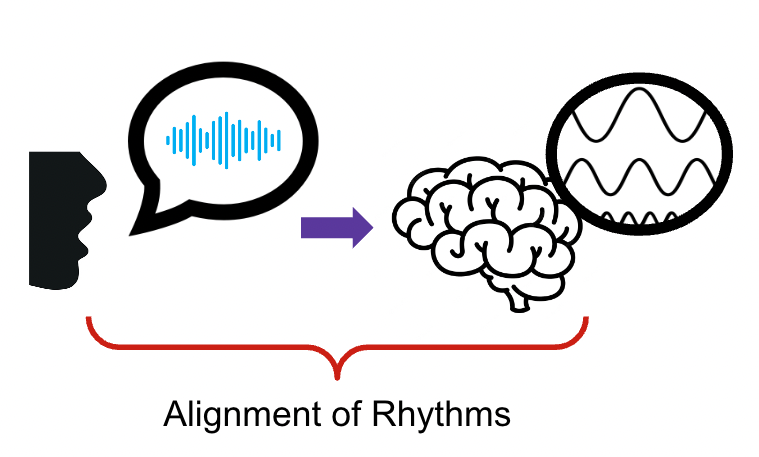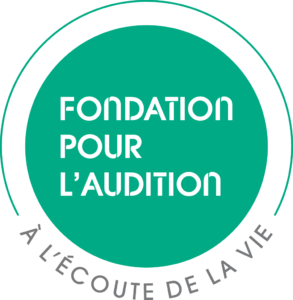About
Can reading performance of dyslexic readers be improved with auditory rhythmic training?
A key ingredient for reading is the mapping of graphemes (letters) to phonemes (sounds). Thus, correct representation of speech sounds is critical for reading. 
At the same time, rhythmic brain activity seems to be crucial for language comprehension. In that way, comprehension is hindered when there is deficient alignment between brain rhythms and rhythms of perceived speech.
It was suggested that developmental dyslexia is caused by a dysfunctional alignment of rhythmic brain activity to linguistic units in speech (phonemes). Particularly, a sampling deficit at 30 Hz was discovered in dyslexic adults, which, in turn, may lead to impaired phonological processing or phonological deficit, i.e., difficulties in processing the sounds of speech. When correct phonological presentations are lacking, learning the mapping between graphemes and phonemes, and thus, reading acquisition may be difficult.
A possible rehabilitation for developmental dyslexia is the realignment of rhythmic brain activity to the rhythms of speech. Language en Rythme assesses the efficiency of an auditory rhythmic training aimed at realigning auditory and brain rhythms. It is a collaborative project involving speech therapists, creators of an existing rhythmic training solution Iologo® and researchers of the Hearing Institute (Institut de l’Audition).
Language en Rythme aims at improving the reading performance of dyslexic children. In this clinical trial, we are posing two main questions.
- Can intensive auditory rhythmic stimulation for children with dyslexia align brain rhythms to the rhythms of speech and therefore, improve their phonemic categorization abilities that in turn can refine their reading performance?
- What is the most efficient stimulation rhythm for training?
Every participant will benefit from two periods of interventions (at home and with a language pathologist) and 4 assessments (linguistic tests and EEG), resulting in 22 weeks of training.
The active intervention phase will be launched in March 2023. Language en Rythme: Auditory rhythmic training for children with dyslexia
For questions and suggestions: contact-ida-neurospeech@pasteur.fr







